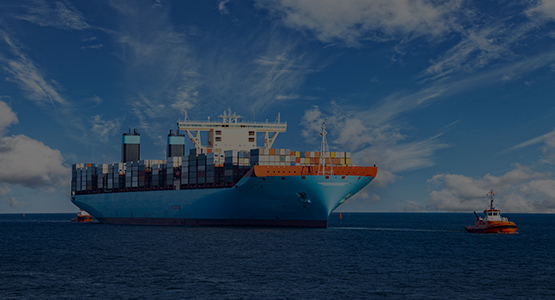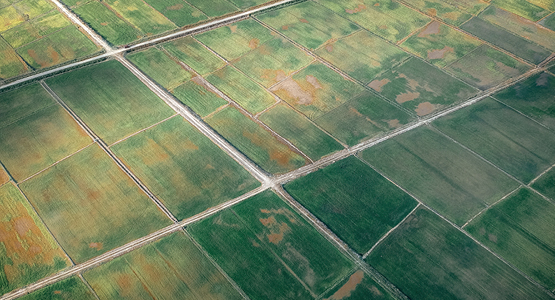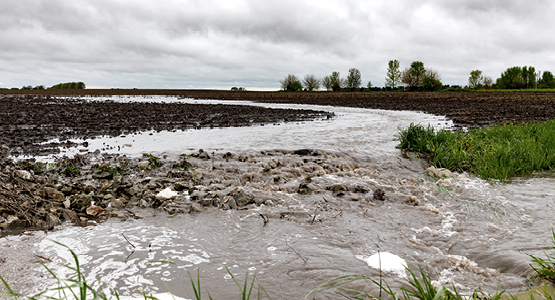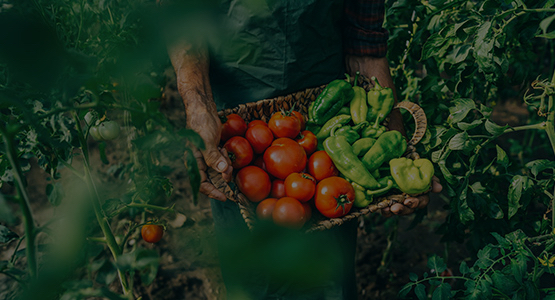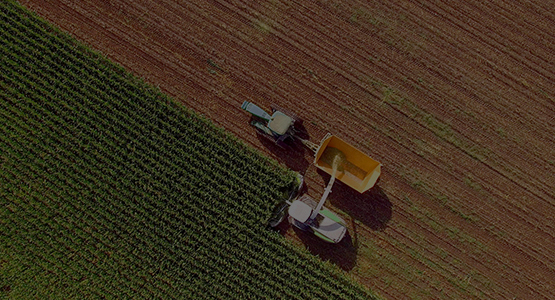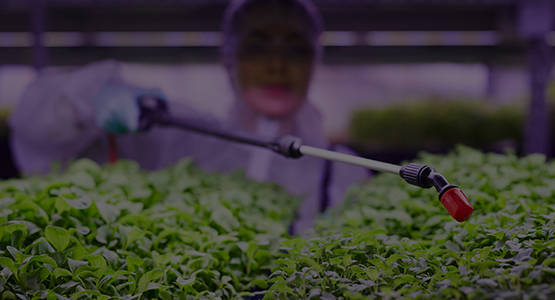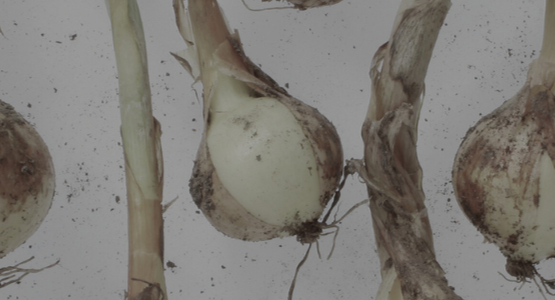Research
Research for Innovation, Adaptive Policymaking & Sustainable Productivity
The Simpson Centre’s aim is to create, curate, and disseminate research that informs public and stakeholder dialogue about agriculture and agri-food in Canada. To that end, we have established research topics that support conversations about decision-making and future-focused policymaking.
Using scientific research and forecasting, the Centre is addressing the strategic needs of Canadian food security, paying attention to uncertain risks of global supply chains, extreme weather events, water availability, inputs and labour. The latest scientific research is a key ingredient in long-term planning and adaptive policymaking.
Our research and our framing of its relevance focuses on transdisciplinary findings across diverse sectors to enhance our ability to explain and make accurate forecasts. Integrating this research with insights from the economics of resource management helps us provide a comprehensive understanding that can inform strategic decision-making.
Explore our research areas by clicking below.
